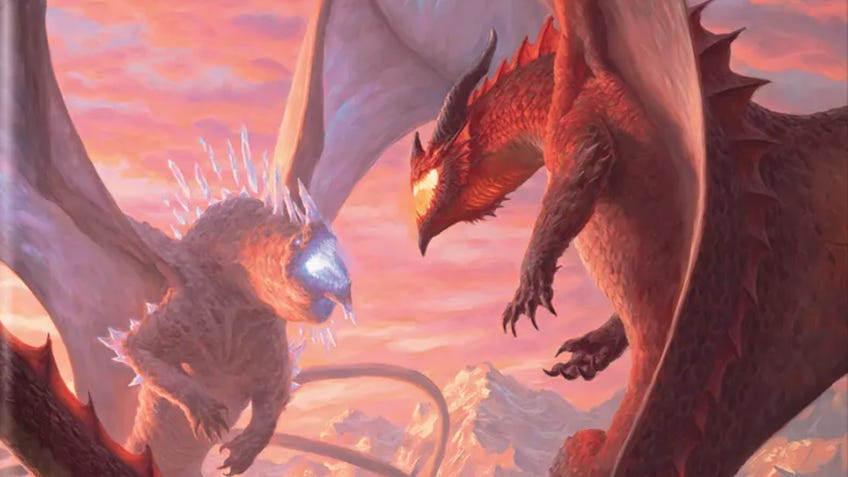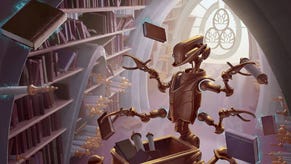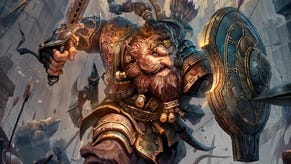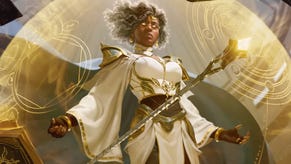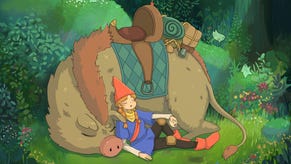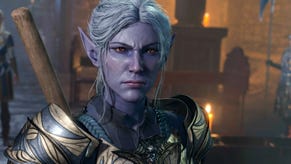D&D maker apologises for OGL, will publicly playtest future versions of legal document
“Let me start with an apology. We are sorry. We got it wrong.”
Dungeons & Dragons maker has apologised nearly two weeks after a leaked draft of the popular tabletop game’s revised Open Gaming Licence ignited outrage among players and the creative community. Publisher Wizards of the Coast has committed to an open iteration procedure moving forward.
A blog post on D&D Beyond’s website by executive producer Kyle Brink laid out the company’s plan to continue workshopping the legal document that allows third parties to publish games and supplements that use D&D’s rules. Specifically, Wizards will borrow the system of public feedback and community input used for Unearthed Arcana’s playtest game material.
The company is hoping to recover from an onslaught of bad press that included competitors such as Paizo and Kobold Press creating an independently monitored open licence for developing their own tabletop games. Much of the disapproval stems from a tiered royalty system - which Wizards of the Coast later ditched - seeming deauthorisation of past OGL versions and language that implied tighter control of material created under the newer licence.
“Let me start with an apology. We are sorry. We got it wrong,” Brink said after a short preamble. “Our language and requirements in the draft OGL were disruptive to creators and not in support of our core goals of protecting and cultivating an inclusive play environment and limiting the OGL to TTRPGs. Then we compounded things by being silent for too long. We hurt fans and creators, when more frequent and clear communications could have prevented so much of this.”
Brink then said Wizards of the Coast would release a new OGL draft document “on or before Friday, January 20th” for the community to review, along with an attached survey for providing feedback to the company. That survey will remain open “for at least two weeks”, and Wizards will provide advanced notice of its closing before everything is purportedly analysed and implemented.
The blog ends by outlining the kinds of content and creation that any future version of the OGL will not touch or attempt to control, including revenue or royalty models and any content created under OGL 1.0a or earlier - this was also clarified in another update earlier this week. Video content on YouTube, Twitch or other streaming services will continue to fall under the purview of the Wizards Fan Content Policy, and books and physical merchandise that don’t infringe on Wizards’ IP will also remain untouched.
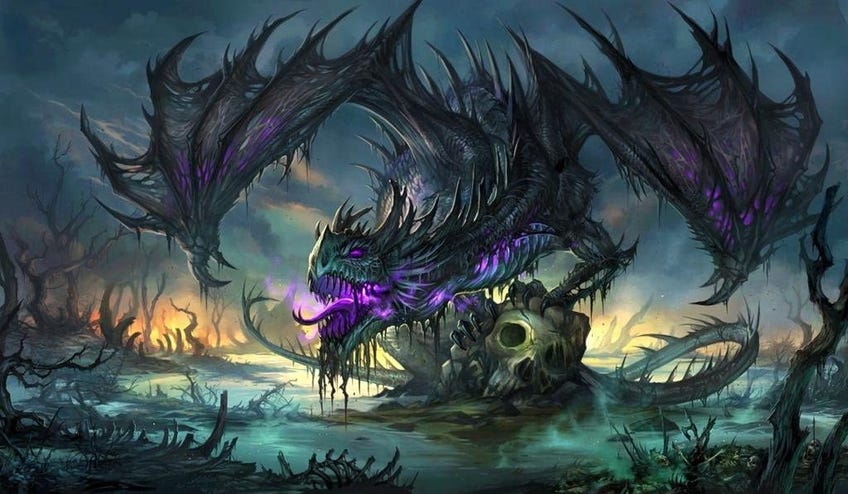
Those worried about an apparent gray area regarding virtual tabletops can put their minds at ease, as the OGL will not stymie VTT content. Nor will it hamper non-published works such as paid dungeon master services, consulting and other commissioned labour. Works created for DMs Guild, DriveThruRPG’s digital platform for D&D-compatible material, will not fall under the new OGL’s purview, and Brink explicitly states that “you will continue to own your content with no license-back requirements.”
This apology and course change will likely be heralded as a win by the contingent of fans and players who recently campaigned, signed open letters of protest and mass cancelled their premium accounts with D&D Beyond in hopes of hurting Wizards of the Coast’s pockets, along with those of parent company Hasbro. But the reputational damage has been done, and D&D’s breach of trust will likely continue to send ripples through the tabletop industry in the foreseeable future.
